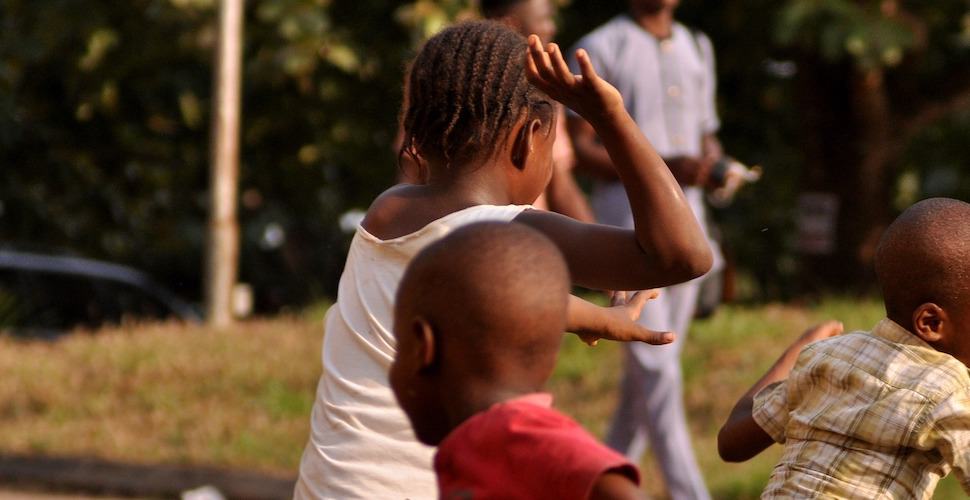In a harrowing new report on Wednesday, Amnesty International warned the Nigerian government that its failures in northeastern regions ravaged by Boko Haram risk creating a “lost generation” of children.
The report reveals how the widespread suffering children have endured at the hands of Boko Haram has been compounded by the Nigerian military.
Boko Haram’s atrocities have seriously impacted children in the Northeast: children have been subjected to mass human rights abuses that include modern slavery, with girls and young women forced to marry and boys forced to become soldiers.
But in the Nigerian government’s nearly decade-long effort to fight the terrorist group, protecting and supporting these traumatized children has not been treated as a priority.
In fact, the Nigerian military has actively compounded children’s suffering.
Far from finding a safe haven, many children that manage to escape Boko Haram are unlawfully detained in conditions that interviewed former detainees consistently described as horrifying.
Men and boys that are held in Operation Safe Corridor, a detention center generously funded by the E.U. and by the British and American governments, are subjected to unpaid labor in dangerous working conditions.
Those who are spared detention, meanwhile, find little in the way of support—whether education, healthcare, food and water, or trauma counseling.
Amnesty International reports:
“The past decade of bitter conflict between Nigeria’s military and Boko Haram has been an assault on childhood itself in Northeast Nigeria. The Nigerian authorities risk creating a lost generation unless they urgently address how the war has targeted and traumatized thousands of children,” said Joanne Mariner, Acting Director of Crisis Response at Amnesty International.
“Boko Haram has repeatedly attacked schools and abducted large numbers of children as soldiers or ‘wives,’ among other atrocities.
[…]
A 14-year-old boy whom Boko Haram abducted as a young child before he fled and was placed in detention by the Nigerian military, said: “The conditions in Giwa are horrible. They could make you die. There’s no place to lie down… It’s hot, all your clothes were wet, like they put you in a river… Up to now, nobody has told me why I was taken there, what I did, why I was in detention. I wonder, why did I run from [Boko Haram]?”
Of the 230 people Amnesty International interviewed about their experience in the conflict, 119 were children when they were affected—including 48 held in detention for months or years.
The organization urged the Nigerian military to release all arbitrarily detained children and called on the government to “pave a new path for the Northeast” by prioritizing education and psychosocial recovery.
Modern slavery is well-documented in conflict zones, and the case of the Nigerian military is sadly not unique. The E.U. funded Libyan coastguard, for example, has been implicated in subjecting refugees and migrants to widespread forced labor in its detention centers.
In local and international efforts to move past conflicts like that which exists in Northeast Nigeria, the recovery and freedom from suffering of victims of modern slavery must be considered a priority.
Read Amnesty International’s full report for further details.







Freedom United is interested in hearing from our community and welcomes relevant, informed comments, advice, and insights that advance the conversation around our campaigns and advocacy. We value inclusivity and respect within our community. To be approved, your comments should be civil.
The article should also mention the attacks on Christians. Why doesn’t it? Sad.